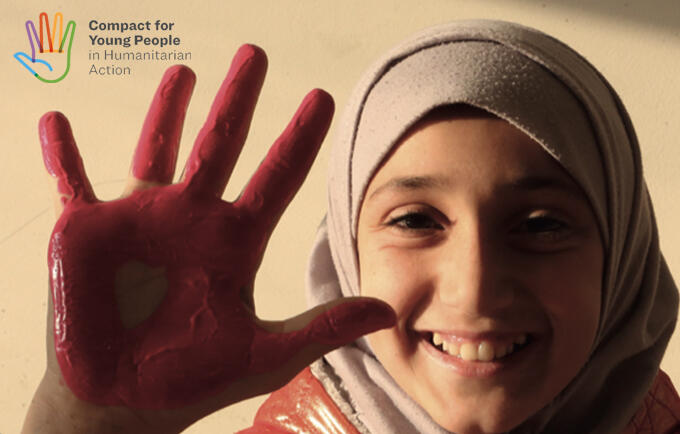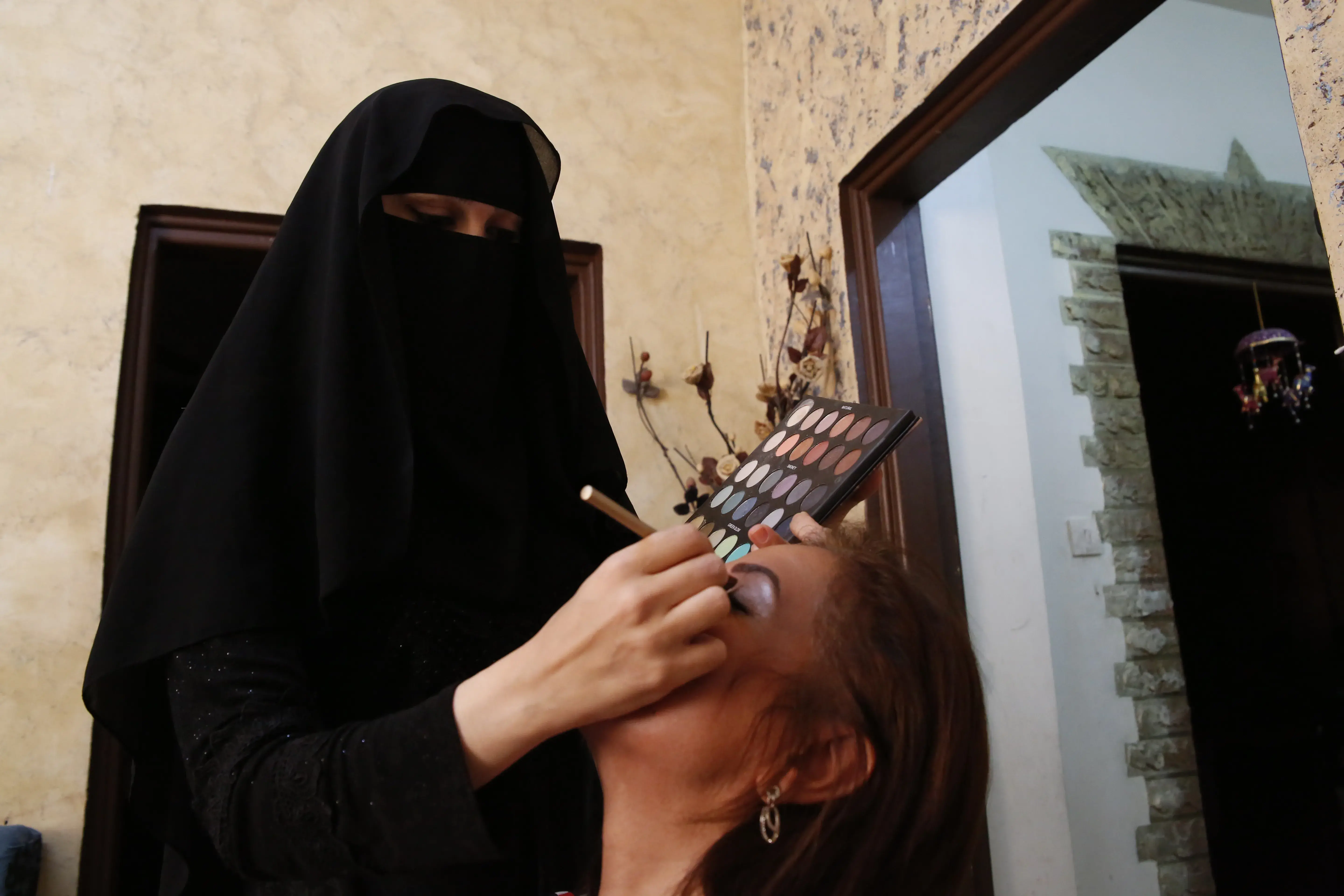Nine years into the Syrian Civil War, Jordan still serves as a leading model in responding to the crisis with unwavering support by hosting 1.36 million Syrian refugees (660,000 are registered with UNHCR) and meeting their humanitarian needs and building their resilience. The United Nations has described the crisis in Syria as the largest humanitarian horror of the twenty-first century ,testing the capacity of the international community. Everyday, humanitarians in Jordan strengthen accountability towards affected populations by working to alleviate suffering and foster resilience of Syrian refugees and host communities. This requires us to evolve our thinking and adopt approaches that correspond to the context on ground, while not forgetting that resilience interventions are of no less importance than humanitarian ones.
Advancing the youth agenda in humanitarian contexts is one of the key commitments of the World Humanitarian Summit 2016 and is considered a key approach to ensure effective humanitarian response. UNFPA Jordan, in cooperation with the Ministry of Youth and in coordination with UNHCR, UNICEF, UNDP and Norwegian Refugee Council (NRC), officially launched the Compact for Young People in Humanitarian Action (co-led by UNFPA and IFRC) in Jordan in June 2020, with a focus on young people and COVID-19 response. The aim is to create a community of practice around the Compact agenda that works toward:
Advocating for youth participation and engagement in humanitarian settings, by organizing biannual high level meetings that highlights selected issues around youth in humanitarian settings.
Building the capacity of humanitarian workers and youth workers on the Compact Guidelines endorsed by IASC
Enhancing knowledge sharing with the Compact members on youth related research, programmatic interventions, data, and best practices.
UNFPA and NRC in Jordan organized a virtual training workshop on Compact for Young People in Humanitarian Action, with the aim to build the capacity of humanitarian workers, youth workers and focal points from the different working groups and sectors who are involved in humanitarian response on the “Compact for Young People in Humanitarian Action” and its relevant tools and resources.
The training workshop over Zoom took place from 11th of November to 23rd of December, with a total of 7 online sessions on a weekly basis and each session was for one hour. The training was facilitated by UNFPA Youth Analyst Bothaina Qamar, and NRC Jordan Youth Advisor Mai Nasrallah, in addition to guest speaker experts from global and regional levels. Further, mandatory readings for different resources including the IASC Compact guidelines, Igniting hope report, COVID-19 Working with young people guidance, and ENGAGED AND HEARD! Guidelines on Adolescent Participation and Civic Engagement.
Sessions were structured around guest speakers presentations, interactive discussions, and weekly Menti quizzes. The learning approach focused on sharing practical resources for youth programming and youth mainstreaming in different humanitarian sectors. Next to the provided technical knowledge, and practical tools speakers and participants reflected on experiences from the field. The diverse backgrounds of the 30 participants enriched the discussion and the engagement , as some were youth workers providing youth services and programs in camps and host communities, where others engaged in other sectors including health, livelihoods, and WASH, who were interested in exploring practical tools to engage with young people, and provide youth friendly services.
Ms. Ghada Al Saad one of the participants who works as a nurse in one of the reproductive health clinics in Zaatari Camp supported by UNFPA reflected on the training:
“The workshop was very helpful as I am reflecting on how we can work toward making our services more youth and adolescent friendly, I am thinking of organizing open days targeting young people on sexuality awareness and reproductive health, in collaboration with NGOs that works with youth in the camp”
The training focused on providing an understanding of the current interagency guidelines on working with and for young people in humanitarian emergencies and protracted crises as a practical tool focusing on the humanitarian program cycle, and the cluster system approach.
Ms. Manar Amro who is the youth specialist at the Institute for Family Health which is a leading local organisation responding to the Syria Crisis in host communities and in camps, reflected on the workshop as “This is the most comprehensive workshop on working with young people. We got to learn about the variety of tools and resources, and I found methods of enhancing youth participation very helpful. I always did the work without the theoretical background, and in this workshop I have the conceptual framework to refer to”
At the end of the workshop, each participant was required to develop concrete road maps to strengthen adolescence and youth in programming in each specific context, whether participants aspired to focus on their organizations and programs, or reflect at working group/cluster level. UNFPA and NRC will arrange another meeting in June 2021 to reflect on the participants roadmaps. The group will be the core for the community of practice for the Compact in Jordan for knowledge sharing for resources and good practices related to youth programs and enhancing youth participation and engagement.
For more information about the COMPACT community in Jordan, you can contact Bothaina Qamar, UNFPA Youth Program Analyst on qamar@unfpa.org
You can access the workshop resources including the concept note, recordings and presentations here: https://bit.ly/3nM6ph4
Learn more about the Compact: https://www.youthcompact.org/




